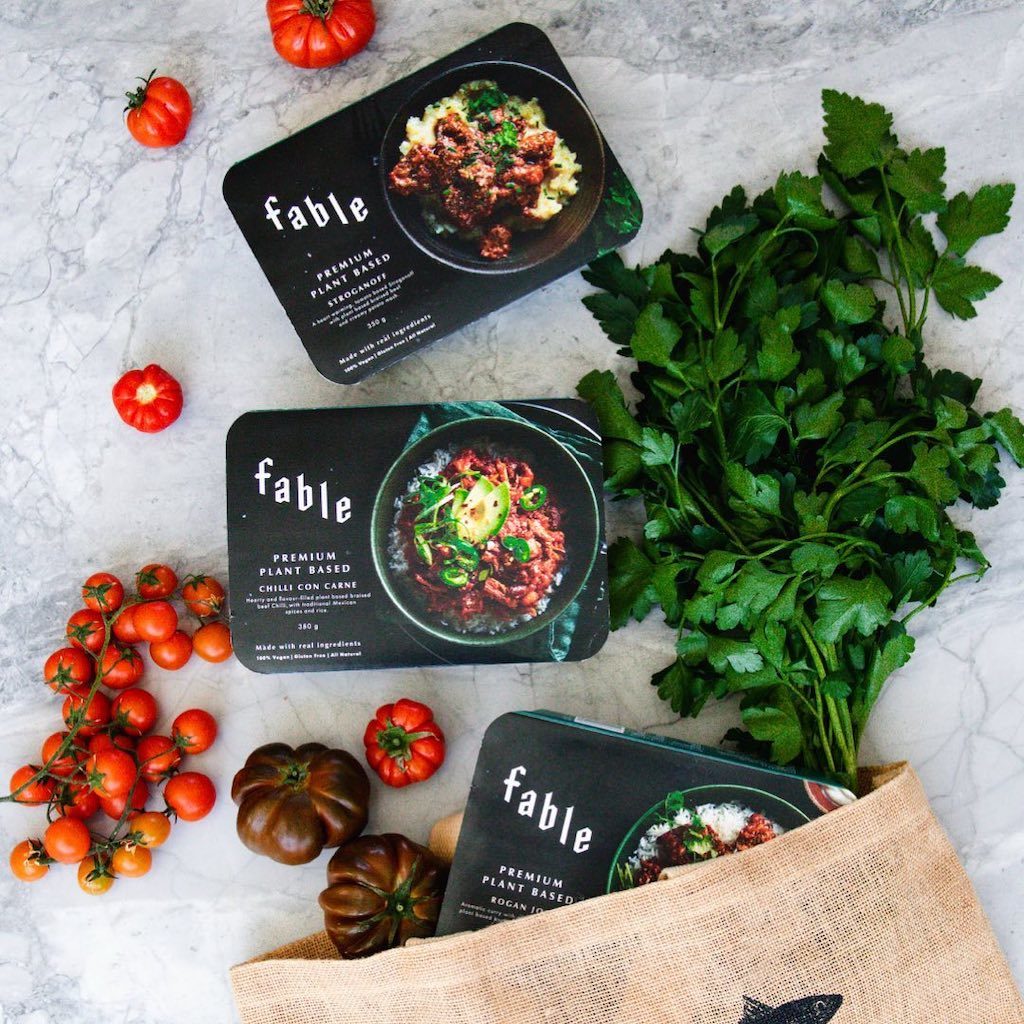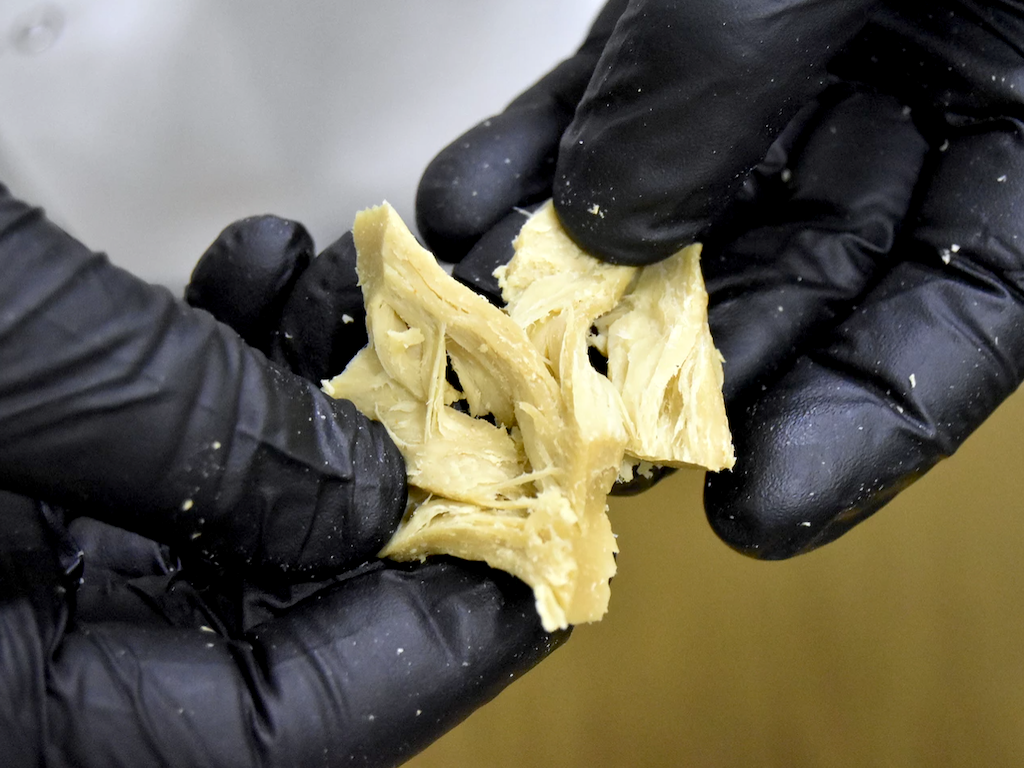4 Mins Read
Australia’s plant-based meat industry thrived despite the economic downturn amid the pandemic, according to data published in a new report from regional alternative protein think tank Food Frontier. From surging retail sales to impressive three-digit growth rates observed in manufacturing revenues and job numbers, the report details the “exponential” rise of the sector and the potential for Australia to become a major global exporter of alternative protein products.
Despite the pandemic, the plant-based meat industry in Australia showed no signs of slowing down throughout 2020, says a new report released by Australia and New Zealand based independent think tank Food Frontier on Monday (March 15). Drawing on data and modelling by Deloitte Access Economics, the report showed that retail sales jumped 46% year-on-year, driven primarily by consumer demand for healthier meat alternatives.
While the number of new employment grew more 106% – representing a doubling of job figures within the emerging sector, manufacturing revenues increased from AU$35 million to AU$70 million (approx. US$27 million to US$54 million). The plant-based meat industry includes products such as meat-free burgers, sausages and other analogues, as well as ready-to-eat meals featuring alternative proteins.

Other findings published in the report include the significant ramping up of plant-based products offered by the mainstream F&B industry, with major retailers and restaurant chains nearly doubling the number of plant-based meat brands from 10 to 19 in order to cater to one-third of Australians who say they are now actively limiting their meat intake.
It cited the nimble strategies that Australian plant-based meat players demonstrated over the pandemic-stricken year as a critical reason for the sector’s overall success, listing moves by startups like Fable Food Co. and v2food to “pivot where necessary to achieve expansion plans” by shifting to home delivery and retail channels as examples.
Read: Australia’s alternative protein sector poised for exceptional growth thanks to homegrown superstars

With the plant-based industry indicating strong potential for continued growth into the future, propelled by rising mainstream consumer demand, the Food Frontier research forecasts that Australia’s plant-based meat sector alone could reach AU$3 billion (approx. US$2.3 billion) annually by 2030, up from AU$185 million (approx. US$143 million) in 2020. It would also translate into more than 6,000 new jobs created by the end of the decade.
Looking ahead, analysts believe that as the coronavirus begins to ease and businesses reopen, foodservice sales channels will have “potential for considerable growth in 2021 and beyond” – especially as a number of restaurants and fast food chains have begun to introduce plant-based meats to their menus.
Australia’s plant-based meat companies are eyeing export opportunities and will be watching demand trends overseas closely.
Thomas King, CEO, Food Frontier

As flexitarianism and veganism becomes a major trend across the world, particularly in Asia, a region experts predict will be the fastest-growing market, the report also says that exporting Australian products will be a key opportunity to capitalise on.
“Australia’s plant-based meat companies are eyeing export opportunities and will be watching demand trends overseas closely, while some, including Fable Food Co, Fenn Foods and v2food, have already launched into Singapore, Japan, Korea and other Asian markets,” commented Thomas King, CEO of Food Frontier.
Sydney-based ProForm Foods is another player keen to expand its presence internationally, with its CEO Matthew Dunn noting in November 2020 at the launch of its new plant-based protein facility that it already has “plans already in the works” to launch outside of Australia, adding that his “business will become a global leader in the US$4.3 billion plant-based meat industry, creating new jobs and export growth in Sydney and across the country.”

To not make the early investments necessary to leverage these unique strengths would be a missed opportunity.
Thomas King, CEO, Food Frontier
However, the Food Frontier report underlined that government support will still be key for R&D investment and build out the industry’s infrastructure, despite its exponential rise in 2020. Government should also “ensure a level playing field”, especially for new players in the market.
“With the right political will, Australia can build a multi-billion-dollar plant-based meat industry, enabling our food businesses and farmers to capitalise on fast-growing global demand for alternative proteins,” said King.
“Australia has the agricultural capacity, commercial appetite and research know-how to become an international leader in new protein industries including plant-based meat. To not make the early investments necessary to leverage these unique strengths would be a missed opportunity.”
Lead image courtesy of Fenn Foods.




